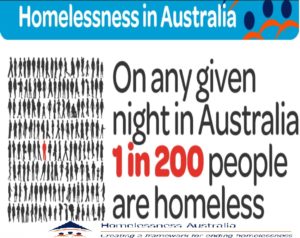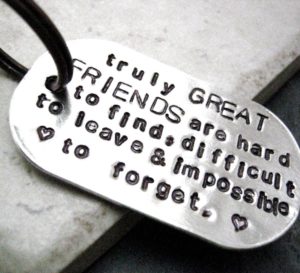Did you know that recent statistics reported over 105,000 people as homeless in Australia? Alarmingly, 27% of those people are under 18 years of age, with 16% under 10. (Yes, ten!) Australia isn’t alone in these stats, with many countries seeing staggering numbers of homeless people sleeping on the streets or in non-permanent sleeping arrangements.
 Homelessness is confronting, and was on my radar well before I wrote the scenes in Integrate where Blaine, the teenage hero of the novel, finds himself sleeping rough on the streets. Sometimes homelessness can seem an overwhelming issue. Perhaps this is because of its prevalence and the complexity of circumstances that can lead to someone becoming homeless. And the reality is it can happen easier than one might imagine.
Homelessness is confronting, and was on my radar well before I wrote the scenes in Integrate where Blaine, the teenage hero of the novel, finds himself sleeping rough on the streets. Sometimes homelessness can seem an overwhelming issue. Perhaps this is because of its prevalence and the complexity of circumstances that can lead to someone becoming homeless. And the reality is it can happen easier than one might imagine.
Many cases of homelessness slip under the radar, especially couch surfers who may technically have a roof over their head most nights, but have no permanent residence. The impact on those living in transient housing is significant: socially, economically, mentally, physically and more. Consider this for children, who are supposed to go to school and learn, but they don’t even know if they have a bed each night, or even food.
For this reason it’s been great to see so many incentives raising funds and awareness of this issue. This Saturday just gone, our local city held their ‘Hike for the Homeless‘, which is a fundraising opportunity that exists in a number of communities about Australia. Other opportunities that people can get onboard with include ‘Hangout for the homeless‘, ‘Homeless for a Week‘ and ‘Vinnies Community Sleepout‘. Even professionals, like social workers, have taken up similar efforts to bring positive change to this situation. It’s also been great seeing a number of churches about Australia, such as those in the Yarra ranges, opening their doors to the homeless to provide food, shelter, bathroom facilities and hope.
As great as these programs are, when we start thinking of homelessness on a more personal level it can be a little more confronting. It’s one thing to join a collective effort, it’s another thing to look a homeless person in the face and offer them … Well, what can we offer? A coffee, either in person or by paying it forward? A meal? A hug? A donation to ‘Swags for Homeless‘? Or even a room in our home?
As we approach Christmas, the awful reality is a whole bunch of people will be spending it alone, hungry, in old clothes, and with no ready bathroom facilities.
What do you think we can do? Is joining a worthy cause and fundraising enough? Or can we go beyond general kindness to practical steps, like befriending a needy stranger, and bring a little brightness into someone else’s world? I’d love to hear your thoughts!
 Although our circumstances may differ from Blaine’s, I suspect this grapple with self-worth is a struggle we all face at one time or another. When self-worth is a pivotal factor for achieving healthy, relationship-appropriate levels of intimacy, it can become a vicious cycle of yearning to let people near then hiding our flaws, or pushing them away so they can’t see how imperfect, unworthy and unlovable we really are.
Although our circumstances may differ from Blaine’s, I suspect this grapple with self-worth is a struggle we all face at one time or another. When self-worth is a pivotal factor for achieving healthy, relationship-appropriate levels of intimacy, it can become a vicious cycle of yearning to let people near then hiding our flaws, or pushing them away so they can’t see how imperfect, unworthy and unlovable we really are.